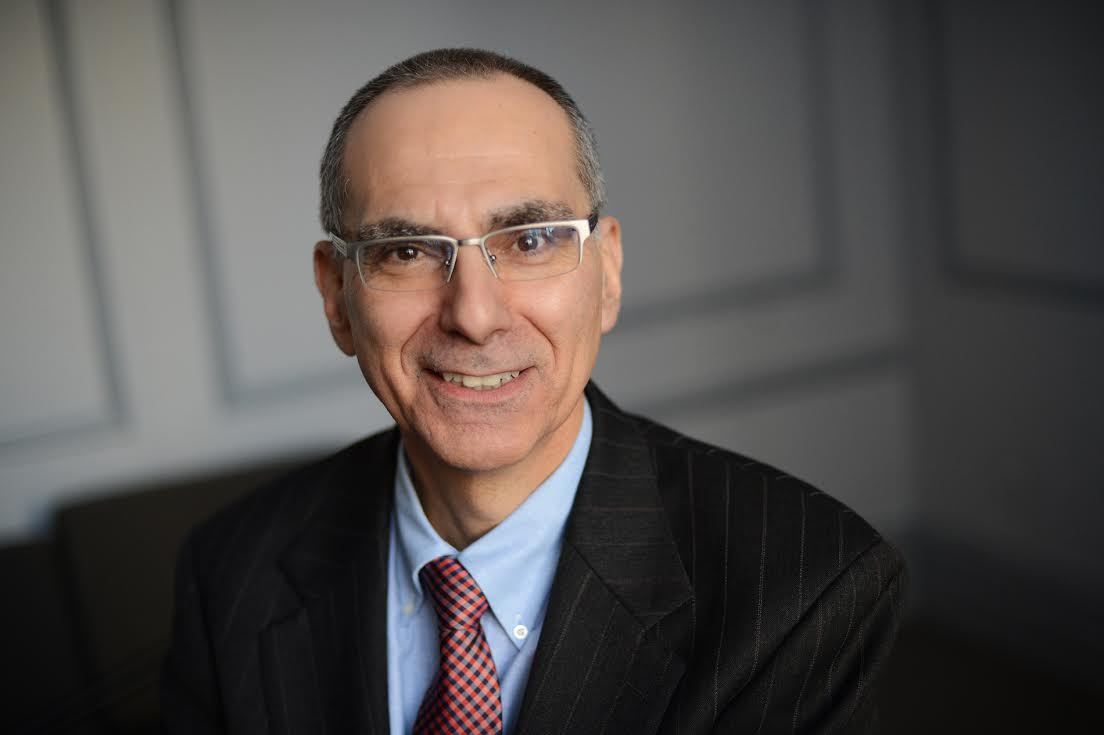 Please note your affiliation and years of experience in the energy and/or environmental field
Please note your affiliation and years of experience in the energy and/or environmental field
Affiliation: Managing Member of New Tide Asset Management, LLC, a proprietary trading and investment company focused on energy and commodity markets, and macro trading.
Experience: Began working on energy issues as a graduate student over 30 years ago and have spent most years since focused on commodity trading and energy investment, especially in emerging markets. Lived and worked in Russia for seven years in the 1990s, and in the 2010s taught award winning courses on the geopolitics of energy, and scenario planning at Columbia University’s School of International and Public Affairs.
Any particular interest in energy you would like to mention?
Currently, spends a great deal of time looking for trading and investment opportunities around the evolution of U.S. energy policy and the transition to lower carbon fuels, especially in the automotive and power sectors.
In your opinion, what are important issues facing the energy industry nowadays?
The United States and the world confront an alarming challenge in navigating the energy transition. Appropriate public policies and sufficient time are necessary to decarbonize the energy sector and provide everyone, especially the billions of people suffering from energy deprivation or poverty, with needed energy. A deeply polarized political climate has made rational discourse difficult, and this is exacerbated by the conflation by some of climate policy with other issues such as political and economic system transformation. Managing the energy transition without unnecessarily and counter-productively destroying or debilitating hundreds of billions, if not trillions of dollars of existing energy infrastructure is imperative, if the world is to have affordable and secure energy in the future. It is very easy to tear things down; it is great deal harder to build something new and better. In the interim, greater efforts at adaptations to climate change probably would be a very prudent policy course.
How long have you been a member of NCAC? Any particular NCAC memory you would like to share with us?
Jonathan joined the NCAC after moving to Washington, D.C. three years ago and being invited to an NCAC Happy Hour. At this very first encounter, Jonathan said he “found a smart group of people with a common passion for things energy, and a diversity of views on all the critical issues.” Going to the meetings and events “expands my understanding of energy issues and helps me appreciate more aspects of our energy challenge.”